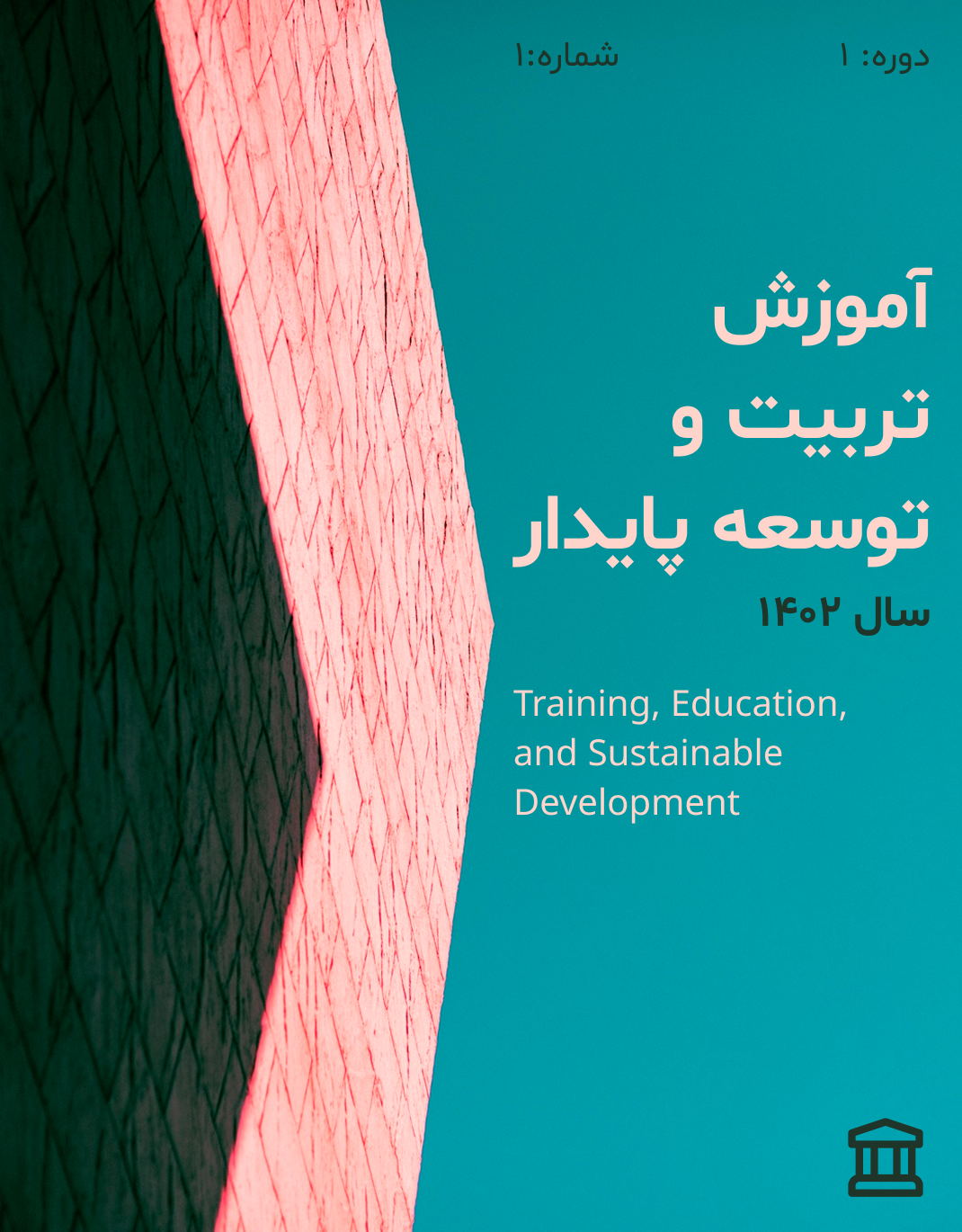A Thematic Analysis of Barriers to Institutionalizing Ethical Values in Formal Education
Keywords:
Virtual education, parents, lived experience, COVID-19, phenomenology, psychological stressAbstract
This study aimed to explore the lived experiences of parents during the virtual education process amid the COVID-19 pandemic. A qualitative study employing interpretative phenomenological analysis was conducted. Data were collected through semi-structured interviews with 25 parents residing in Tehran. Purposeful sampling continued until theoretical saturation was reached. Data analysis was performed using Nvivo software with a three-stage coding process. Results were categorized into four main themes: educational challenges, parents' psychological and emotional pressures, adaptive strategies, and the impacts of virtual education on families. Parents faced technological infrastructure weaknesses, teachers’ unpreparedness, difficulties in monitoring assignments, and role conflicts. Psychological stress and concerns about educational quality were also prominent. Conversely, parents employed planning, sought educational resources, and increased interaction with their children to adapt. The consequences of virtual education included changes in family relationships, increased parental responsibilities, and reevaluation of educational values. Virtual education during the COVID-19 pandemic was a complex, multifaceted experience for parents encompassing technological, psychological, and social dimensions. Understanding these experiences can inform improvements in educational policies and support systems.
Downloads
References
Andrew, A., Cattan, S., Costa Dias, M., Farquharson, C., Kraftman, L., Krutikova, S., ... & Sevilla, A. (2020). Inequalities in children’s experiences of home learning during the COVID‐19 lockdown in England. Fiscal Studies, 41(3), 653–683.
Bozkurt, A., Jung, I., Xiao, J., Vladimirschi, V., Schuwer, R., Egorov, G., ... & Paskevicius, M. (2020). A global outlook to the interruption of education due to COVID-19 pandemic: Navigating in a time of uncertainty and crisis. Asian Journal of Distance Education, 15(1), 1–126.
Bubb, S., & Jones, M. A. (2020). Learning from the COVID-19 home-schooling experience: Listening to pupils, parents/carers and teachers. Improving Schools, 23(3), 209–222.
Dong, C., Cao, S., & Li, H. (2020). Young children’s online learning during COVID-19 pandemic: Chinese parents’ beliefs and attitudes. Children and Youth Services Review, 118, 105440.
Garbe, A., Ogurlu, U., Logan, N., & Cook, P. (2020). COVID-19 and remote learning: Experiences of parents with children during the pandemic. American Journal of Qualitative Research, 4(3), 45–65.
König, J., Jäger-Biela, D. J., & Glutsch, N. (2020). Adapting to online teaching during COVID-19 school closure: Teacher education and teacher competence effects among early career teachers in Germany. European Journal of Teacher Education, 43(4), 608–622.
Smith, J. A., Flowers, P., & Larkin, M. (2009). Interpretative phenomenological analysis: Theory, method and research. London: SAGE Publications.
Spinelli, M., Lionetti, F., Pastore, M., & Fasolo, M. (2020). Parents and children facing the COVID-19 outbreak in Italy. Frontiers in Psychology, 11, 1713.
UNESCO. (2020). Education: From disruption to recovery. https://en.unesco.org/covid19/educationresponse
Zhao, Y., Guo, Y., Xiao, Y., Zhu, R., Sun, W., Huang, W., & He, D. (2020). The effects of online homeschooling on children, parents, and teachers of grades 1–9 during the COVID-19 pandemic. Medical Science Monitor, 26, e925591.
Downloads
Published
Submitted
Revised
Accepted
Issue
Section
License

This work is licensed under a Creative Commons Attribution-NonCommercial 4.0 International License.


